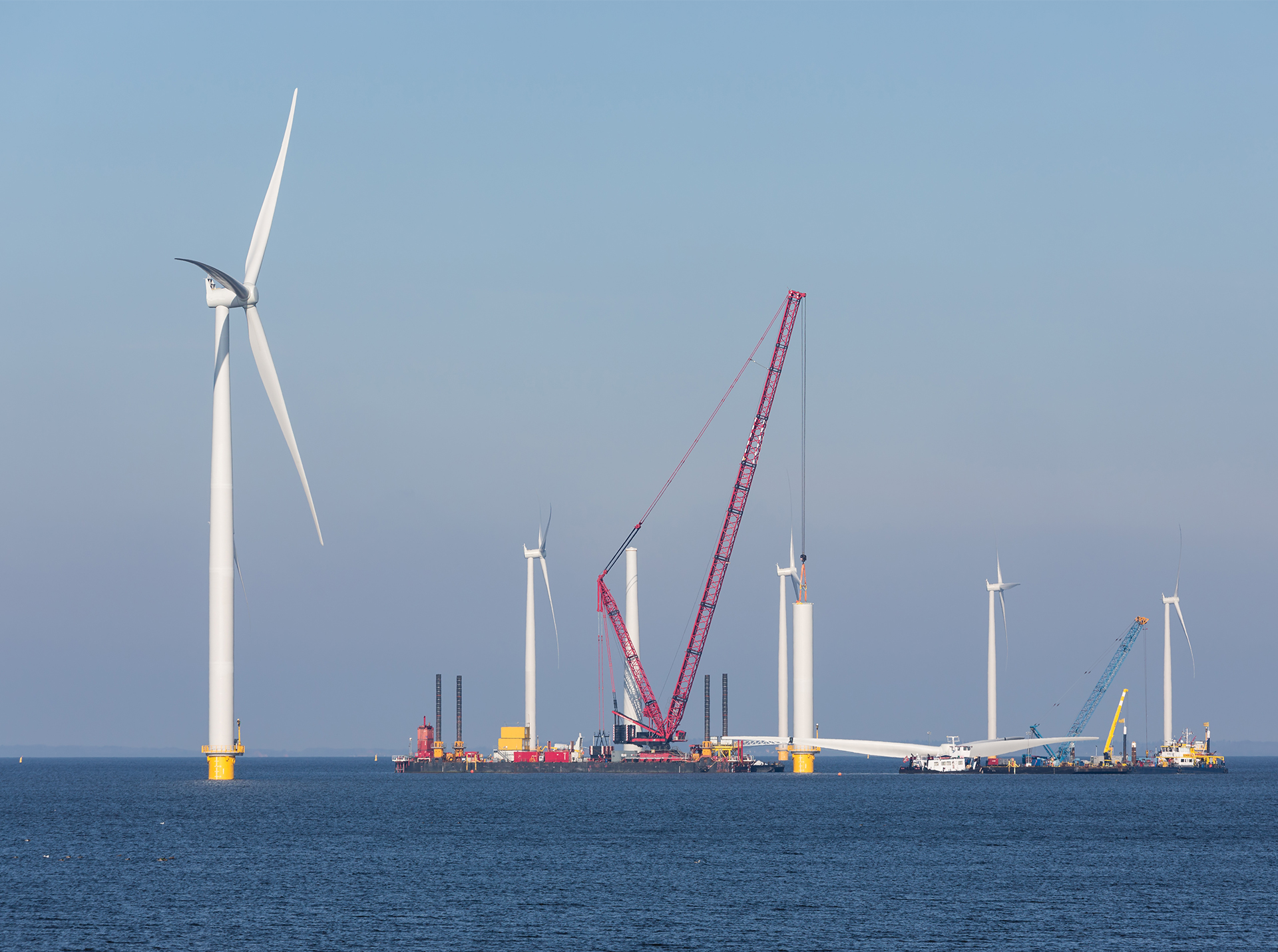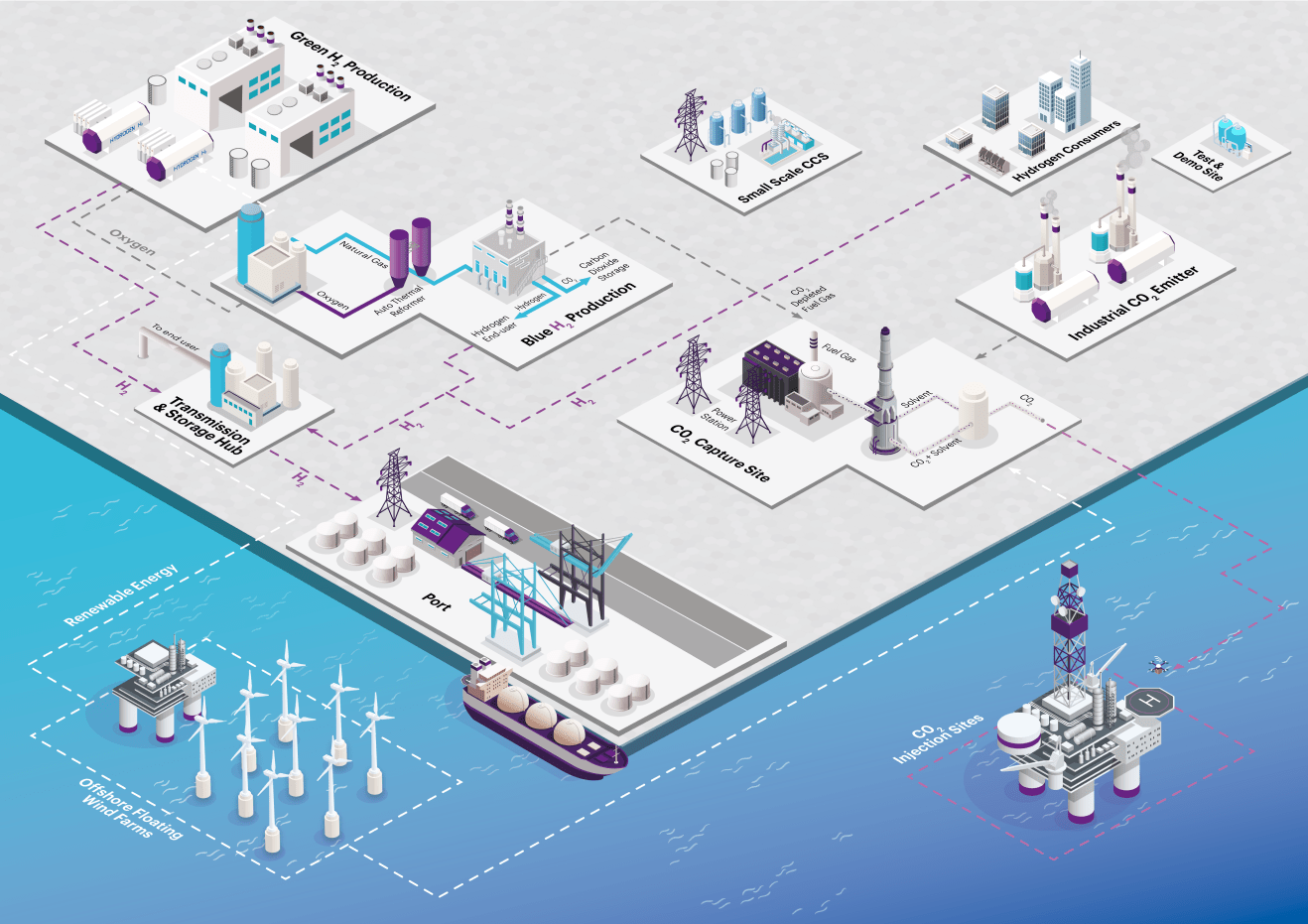NEWS & INSIGHTS | article
Carbon capture could be a game-changer in the race for net zero

Today we have reached a critical point where global efforts to reduce harmful emissions continue to fall short. And yet a technology exists which is seen as a potential game-changer in the race to Net Zero.
Carbon Capture, Utilisation and Storage (CCUS) has the capacity to deliver globally on two levels: environmentally and economically.
But in a world where other more understood technologies such as wind and solar are accepted as part of the net zero transition, CCUS continues to miss out on the very significant investment it needs in order to deliver its full potential. From both an environmental and economical point of view, this needs to change.
The environmental benefits of CCUS are clear. It works by removing or repurposing carbon dioxide emissions – the largest contributor to global greenhouse gas emissions which primarily come from the burning of fossil fuels for energy, transportation and industrial processes. The emissions are stored similarly to how oil and gas have been trapped naturally underground for millions of years. It is compressed and transported via pipelines to geological spaces deep underground to be kept safe for the long-term.
Equally the economic gain is obvious. Carbon capture technologies have the capacity to deliver and maintain thousands of high-value jobs, as well as support economic growth through new, lower-carbon industries and innovation. They also have the potential to secure energy supplies – a vital consideration during a time of global turmoil.
The North Sea Transition Authority estimates as much as 100 carbon stores will be needed to meet our net zero commitments but the UK – with 78 billion tonnes of potential storage – has the potential to be one of the biggest CO2 storage facilities in Europe. The Dutch are already powering ahead announcing this week that construction of Europe’s largest carbon capture and storage facility will begin in the Rotterdam port area in 2024 at a cost of 1.3 billion euros with the aim of being operational by 2026.
The UK Government’s recent pledge of £20bn to support the development of CCUS with the ambition of achieving between 20 and 30 million tonnes of captured and stored carbon dioxide a year, supporting 50,000 jobs by 2030, and adding £5 billion to the economy by 2050 is very welcome. But with approximately 50 projects planned to be operational in the UK – many of those in Scotland – the scale of the investment challenge is clear.
However, there may be a potential sign that attitudes to CCUS are changing. Earlier this month, UK Energy Minister Claire Coutinho announced during her speech to the Carbon Capture and Storage Association (CSSA) that her department would be bringing forward a vision for the CCS sector before the end of the year.
The Carbon Capture and Storage Association (CSSA) had recently called on Government to elevate CCS to the level which it deserves. They have five key asks: to unlock private capital investment: enable a timely cluster delivery, including allocation of the £20bn support; publish a clear deployment plan for and commit to regular allocation rounds; accelerate permitting and consenting; deliver a healthy supply chain and skilled workforce and, crucially, build public support.
If these points are addressed by Government, then we may be on the cusp of CCUS finally achieving the recognition which it so richly deserves and unlocking that much needed potential to achieve net zero.
Subscribe for the latest updates




